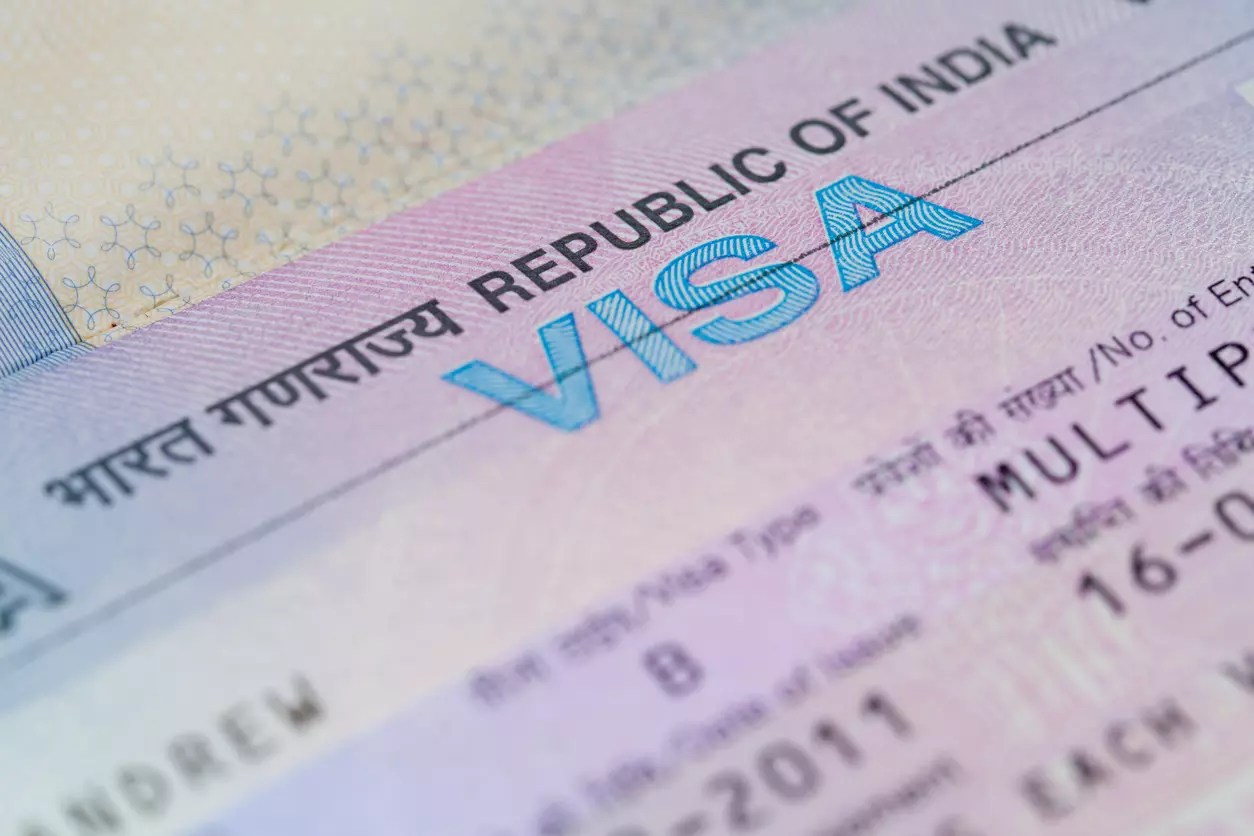
Tata Solar, ReNew, Avaada Electro ask govt to issue visas for Chinese professionals
Despite India’s high reliance on Chinese personnel to set up solar power plants, restrictions on their entry amid border tensions, have hindered the work of many companies

Indian solar module manufacturers such as Tata Power Solar, ReNew Photovoltaic and Avaada Electro have urged the government to get visa applications for Chinese engineers and technicians cleared as they scale up operations to meet the country's ambitious renewable energy targets, sources said.
Since January, three firms have sought government support to get 'business visas' for 36 Chinese professionals to aid their solar module manufacturing, two sources with direct knowledge of the matter said.
Clearance sought for ongoing projects
Tata Power Solar Ltd sought clearance for 20 visa applications filed by Chinese engineers in 2024, ReNew Power requested visas for nine Chinese engineers, and Avaada Electro submitted applications for seven professionals crucial to their ongoing projects across the country, they said.
The three firms moved applications to Solar Energy Corporation of India Limited (SECI) – the government agency monitoring the implementation of renewable energy projects. SECI forwarded the applications to its parent ministry, Ministry of New and Renewable Energy, they said adding the last application was filed this week.
Tata Power is investing ₹3,000 crore in setting up a greenfield 4 gigawatt solar cell and 4GW solar module manufacturing plant in Tirunelveli district of Tamil Nadu.
Solar cells convert sunlight directly into electricity. A solar module is an assembly of connected solar cells that will absorb sunlight as a source of energy to develop electricity.
ReNew is building a solar cell manufacturing facility at Dholera near Ahmedabad in Gujarat while Avaada is working on a similar facility at Gautam Buddh Nagar in Uttar Pradesh.
India’s reliance on China for high-end technology
India, which has set an ambitious target of installing capacity to generate 500 GW of electricity from renewable sources like sunlight and wind energy by 2030, heavily relies on imports of high-end equipment and technology from China, the world's largest producer and exporter of solar panels.
However, stringent restrictions on the entry of Chinese personnel into India, enforced in the aftermath of the COVID-19 pandemic and amid ongoing border tensions, could significantly hinder project timelines.
Indian manufacturers have invested billions of dollars in setting up solar and wind power plants across the country and have signed power purchase agreements with various state and central agencies. However, without the Chinese experts, they are unable to complete the projects on time and meet the contractual obligations, they said.
Demand for Chinese experts
The demand for Chinese expertise stems from the cost-effectiveness and technological advancements offered by Chinese solar modules, which have seen prices plummet by more than 50 per cent in recent times. This trend has made solar power a competitive alternative to traditional thermal power, aligning with India's objectives to reduce dependence on imported coal and gas, and keep power tariffs stable and affordable for the end users over time. Further, it also supports the critical goal of India achieving energy self-reliance.
Sources said Tata Power sought visas for Chinese professionals from three of its suppliers – photovoltaic manufacturing equipment company Yingkou Jinchen Machinery Co, Maxwell Technology PTE LTd and smart manufacturing system provider RoboTechnik Intelligent Technology Co.
ReNew wanted visas for professionals from high-end equipment and solution provider LAPLACE Renewable Energy Technology Co Ltd while Avaada wanted visas for professionals from Yingkou Jinchen and RoboTechnik.
To achieve the 500 GW goal, many Indian renewable energy companies have imported high-end equipment and technology from China, which is the world's largest producer and exporter of solar panels, inverters, and turbines.
How visa issue has affected businesses
Sources said the visa issue has not only affected the business interests of the Indian renewable energy companies, but also risks missing targets.
The Indian renewable energy industry has urged the government to consider the visa issue as a humanitarian and technical matter, and not a political or diplomatic one, sources said adding they have requested the government to grant visas to the Chinese personnel on a case-by-case basis, and to ensure that they follow all protocols upon arrival.
They have also suggested that the government could explore the possibility of allowing the Chinese experts to work remotely or online, using digital platforms and tools.
Alternatively, the government could facilitate the training and skilling of Indian engineers and technicians to handle the Chinese equipment and technology, and reduce the dependence on foreign assistance, they added.
Govt stress on more FDI from China
The requests have also come at a time when the Indian government is warming up to China. The recently-released pre-budget Economic Survey stressed on attracting more Foreign Direct Investment (FDI) from the neighbouring country to boost local manufacturing, especially when India has a trade deficit of US 87-90 billion with China.
Chief Economic Adviser V Anantha Nageswaran has also asserted that it is important to balance import of goods and import of capital from China. The Economic Survey suggested that with US and Europe drifting away from China, India can fill the space and invite Chinese companies to invest here and then export the products to the western countries.
"Among these choices, focusing on FDI from China seems more promising for boosting India's exports to the US, similar to how East Asian economies did in the past," the survey said.
(With inputs from agencies)

